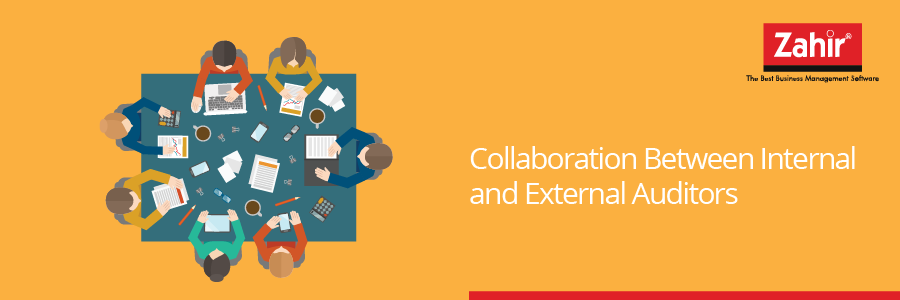One of the accountant responsibilities is to maintain trust to investors, stakeholders, and employees. Most investors rely on the financial information, but they do not have access to the information source. They put their trust to the management and auditor. No wonder, trust is the foundation of all relationships.
The auditor’s role
The auditor has larger responsibility relates to the truth, accuracy, and fairness of the financial statement. While the external auditor has maintained the independence from the client. Some parties, such as creditors, government, and investors are relying on the auditors’ independence, objectivity, and integrity to maintain the confidence in company operations.
The Responsibilities of Internal Auditor
The internal audit is part of the internal organization’s system to examine and evaluate the internal control and provide assurance to the management. The scope includes all the organization’s activities:
- Financial audit
- Operational audit
- Safeguarding of assets
- Projects review
- Management audit
- Fraud detection
- Internal control review
The Responsibilities of External Auditor
External auditors have the responsibility to express an opinion regarding the financial information accuracy and fairness. Their responsibilities are:
- Ensure they have obtained the required information
- Ensure the companies keep the books of accounts
- Ensure the financial statements match with books of accounts
- The financial statements present a true and fair view of the state of affairs
- Availability of proper records for assets, inventory, loans etc.
- Proper internal control procedures
- Internal audit availability
Even though internal and external auditors have different task and responsibilities, they have the same purpose to serve the public to ensure the regularity and propriety for the use resources. Their collaboration will lead to efficient and effective audits, as well as increase the accuracy of financial reports. The collaboration between auditors will improve the company’s perceived trustworthiness. The other benefit is to reduce time and efforts which external and internal auditor would expand on useless work, thus reduce the audit fees. The last is, by collaboration, the auditors will communicate and discuss their findings. This will lead to clearer understanding of audit roles and requirements.




